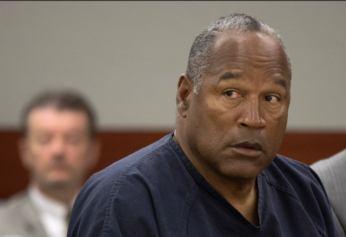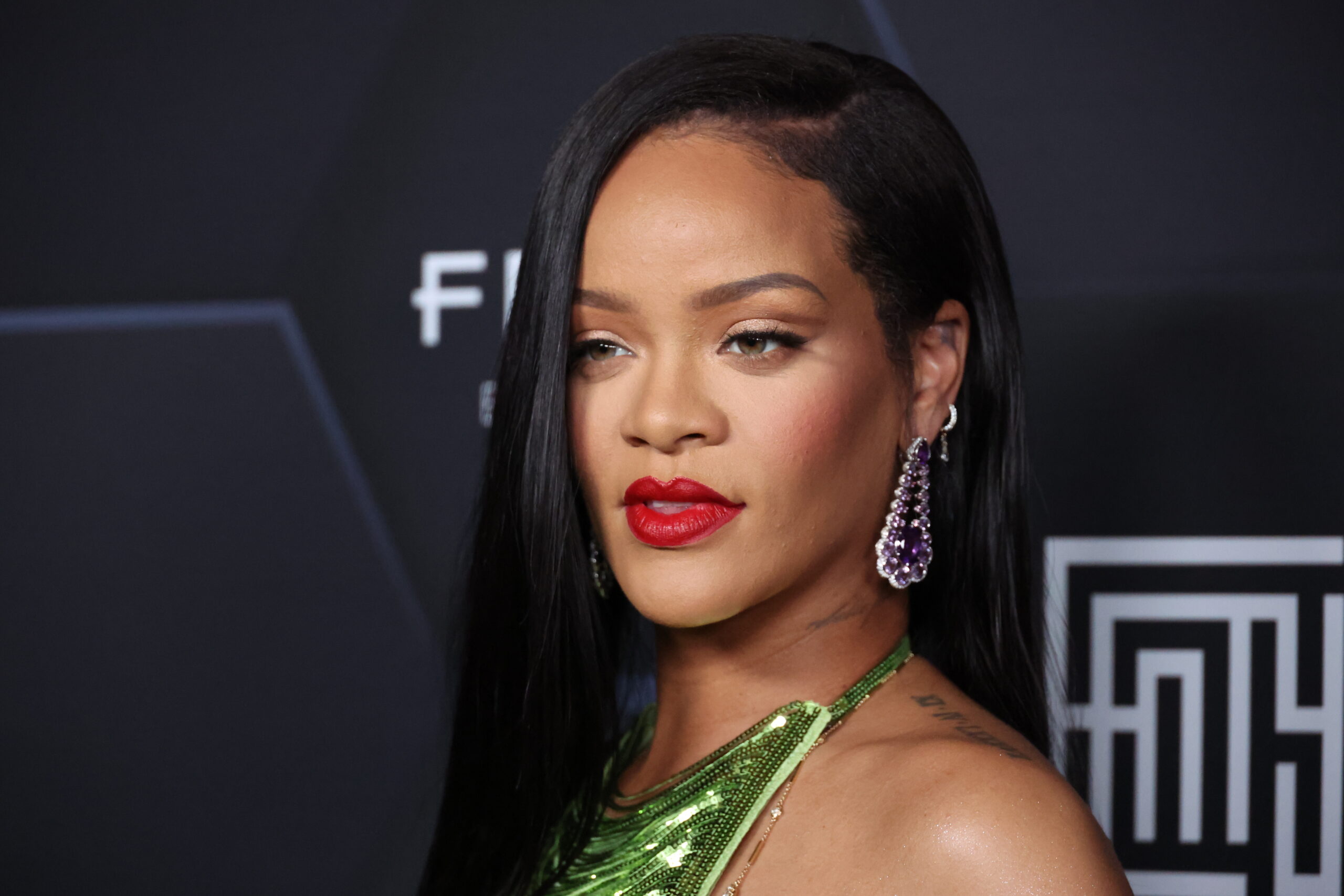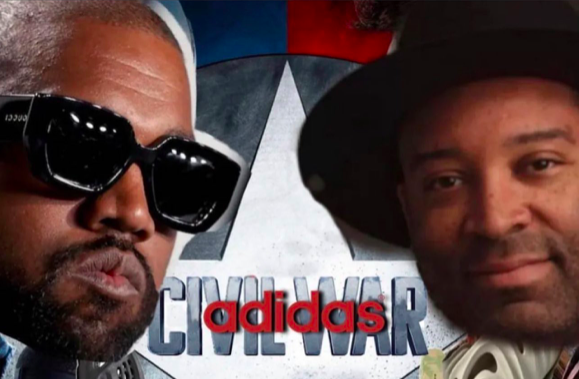The headlines of the New York Post are something that I usually ignore on a day-to-day basis, because they rarely feature anything that I would spend more than five seconds glancing at with tabloids known for sensationalism and inflammatory verbiage. But this weekend’s headline, "Busted At Barneys For Being Black," made me look at the photo once more. Its relevance shouted at me with renewed vigor and extreme prejudice the second time around.
19-year-old college student Trayon Christian was detained by two undercover police officers after purchasing a high-end Ferregamo belt from the Barney's New York City location at E. 47th St and Madison. Mr. Christian says the undercover officers asked how he could afford such an expensive item, put him in cuffs, and took him to the station for 45 minutes of questioning before allowing Christian to go home. Though the incident occurred in April 2013, the general public is now learning about it because Mr. Christian filed a lawsuit against Barney's. And rightfully so. The young man claims police officers told him he was accosted at the behest of staffers from the department store where he’d recently purchased his belt. Though Barney's has since gone on the record denying this, CEO Mark Lane, tacked his name to a letter mentioning the company's human rights record and its policy against discrimination.
"Barneys New York believes that no customer should have the unacceptable experience described in recent media reports, and we offer our sincere regret and deepest apologies. Further to our statement of yesterday, we want to reinforce that Barneys New York has zero tolerance for any form of discrimination. We are a strong proponent of equal rights and equal treatment for all human beings.
But that letter could be written in the blood of a black saint, decorated with gold dust straight from Fort Knox and spritzed with the finest fragrances that Polo has to offer. And still, those measures would do nothing to conceal the voracious racism of Barney's and the NYPD. It is not beyond reasoning to believe the police tried to transfer some of the heat of racial profiling from themselves over to Barney's when they realized the young college student was completely legitimate. His debit card was legal, he was employed, and had every right to spend his money on whatever he wished to spend it on.
If a phenomenon occurs once, then it should be considered an anomaly. If it happens twice, it is a coincidence. Three times is a pattern. A day after Trayon Christian's story was made public, a similar tale involving 21-year-old Kayla Phillips came to light. The nursing student told the New York Daily News she was "attacked" by four undercover police officers after purchasing a $2,500 Celine bag from Barney's. Like Christian, Phillips was accused of buying the bag with a fake credit card. She has also filed suit against Barney's.
As has been the case since the 1960s, the African American Diaspora called upon the powers that be to boycott an offending institution. Who are the powers that be? Hip-hop mogul Jay Z is being called to task by a local New York City tabloid, as well as thousands of anonymous internet trolls, for not speaking out against Barney's in light of these revelations. Hov is also being asked to abandon his new holiday deal with the retailer. As part of the arrangement, Barney's will sell items from top designers. The works are inspired by Jay himself, with the proceeds going to his charity.
Via a statement released on his website, Jay Z says he is waiting on all the facts to surface before he makes a move.
"I move and speak based on facts and not emotion," said Shawn Carter in a statement. "I haven't made any comments because I am waiting on facts and the outcome of a meeting between community leaders and Barneys. Why am I being demonized, denounced and thrown on the cover of a newspaper for not speaking immediately?" he said, referring to local newspaper headlines.
It's as if Illuminati conspiracy theorists have the world believing Hov is in all places at all times. How else would Jay Z have known of these happenings prior to the events being published in the New York Post and the New York Daily News?
When black people begin throwing stones at one another for not doing the 'black' thing, I cannot help but turn up my nose at the stench of hypocrisy. These people who speak as if Jay Z is their own personal Jesus are delusional. Suppose Jay did end his deal with Barney's? What good will it truly do for advancing the beautiful struggle? Not a damn thing. The moment he rescinds the deal, there will be another entrepreneur, likely a black entertainment celebrity, who will step right in and see it through to its fruition.
Furthermore, unless at least 10 percent of African Americans participate in a nationwide boycott, such actions amount to nothing more than socio-economic theater. Besides, how many songs containing the word "hustler" in the title does Hov have to release for people to finally get it? Jay Z is not losing money over what is clearly a social malady rather than a corporate one. The code of the hustler dictates: If it don't make dollars, it don't make sense. We would not expect this from any other business owner. Why Mr. Carter?
Though Barney's has been getting all the bad press, they’re not the only department store involved in this phenomenon. Actor Robert Brown, from HBO’s drama series Treme, and the film Finding Forrester, is suing Macy's in New York State Supreme Court for violating his constitutional rights. Brown was detained June 8, 2013 after purchasing a $1,300 Movado watch for his mother at Macy's Herald Square flagship store in Manhattan. He says he was handcuffed and held in a holding area inside of the store for an hour before being released.
If these things are happening at Barney's and Macy's, then they are certainly occurring at other high-end retailers. The police are as culpable as the retailers in each of these instances because of their historical use of racial profiling. But what would picketing these department stores accomplish? The end game usually results in fattening the coffers of your favorite civil rights institution but it does little to stem the tide of racism in modern times. What exactly does a successful protest look like anyway? An economic boycott can only be successful if those involved in the boycott are willing to see it through to the end, not budging until an institution yields. Though I cannot honestly say I know of many black people who shop at Barney's, I know of at least 300 who shop at Macy's. A black boycott of this retailer could be successful, a clear display of the power of the African American dollar. But it can only be realized in the hypothetical. Why? Because black people love name brand stuff, and Macy's has a lot of it. We're addicted to it like Macks, Newports and Cadillacs. A successful boycott might cause the retailer to reevaluate its policies and recommit to being more sensitive to the concerns of minority shoppers, but none of that will make them any less racist.
At the end of the day, when newspapers and cable news stations have moved on to a sexier story, Barney’s, Macy’s and the NYPD will still incorporate racist tactics. And poor black people will still be down to pay a month's salary to remain fashion relevant.



